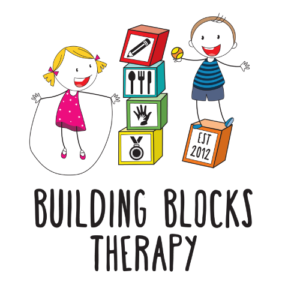What are Learning Towers?
Learning towers are simple pieces of furniture that are designed to support children in their independence, and provide access to spaces and environments that they may have been previously unable to access. Some are adjustable to be transformed into tables, and others adaptable as your child grows. These are very safe stools for children, with an enclosed structure allowing toddlers to reach higher surfaces than they may be able to access on their own. They meet both mandatory and voluntary Australian safety standards.
Why are Learning Towers useful?
Children love getting involved in activities with the family, such as cooking, washing up and self-care. Learning Towers provide a safe way for toddlers to engage in these activities, controlling more variables. Some examples are:
- You can moderate where your child is in the kitchen space. By setting up the learning tower away from stoves and other more dangerous equipment, your toddler can be involved in meal preparation activities, developing their self-care, fine motor, coordination and other countless activities, in a safe environment
- Your child can engage in activities with you, and learn family traditions, food preparation ideas and develop a sense of responsibility and agency in the kitchen from a younger age.
- By engaging in more activities alongside your child, this provides more quality time and opportunity for bonding and developing social skills
- The structure of the Learning Tower allows your child to give their full attention to the activity at hand, without needing to worry about slipping off a stool, or a chair falling over!
- Getting children involved in the kitchen is great for supporting picky eaters! Evidence shows that when children cook with their parents, they are more likely to eat healthier food, and felt more positive and in control of their food intake (Van Der Horst, Ferrage & Rytz, 2014)
References:
Van der Horst, K., Ferrage, A. & Rytz, A. (2014). Involving children in meal preparation. Effects on food intake. Elsevier, 79(1), 18-24. DOI: https://doi.org/10.1016/j.appet.2014.03.030
Natalie
Occupational Therapist
